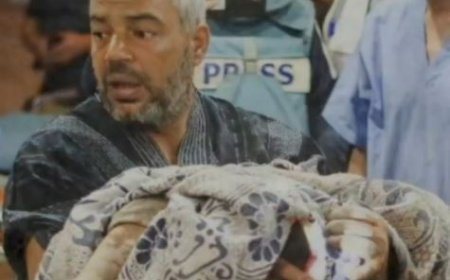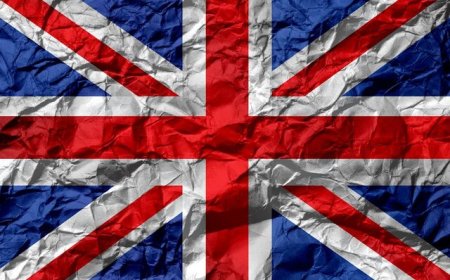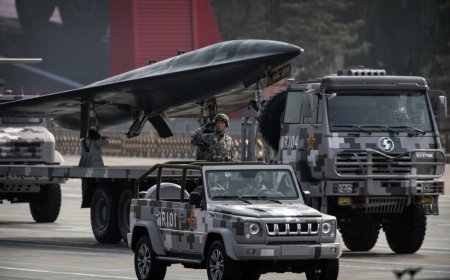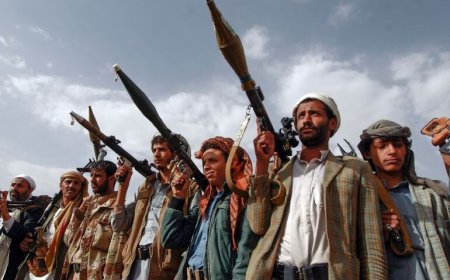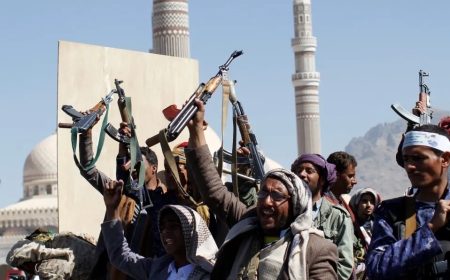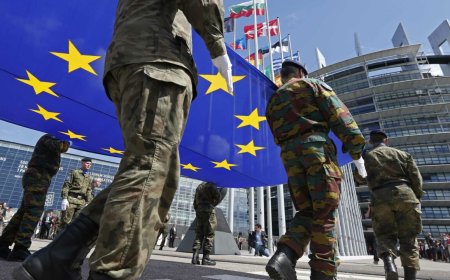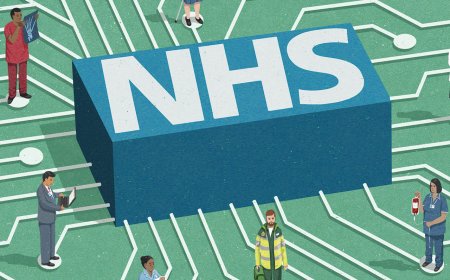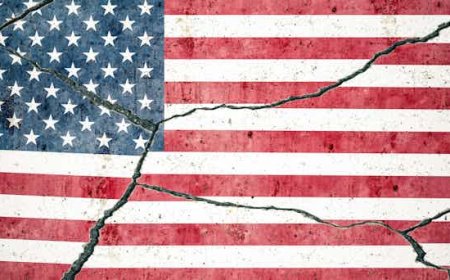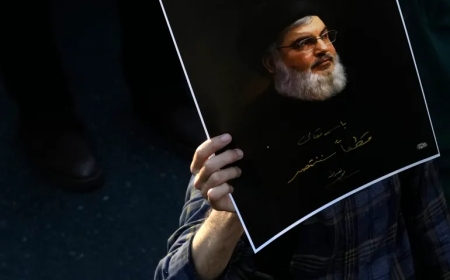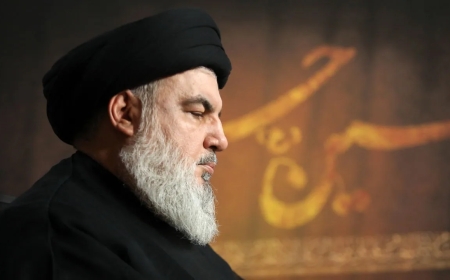In Memoir Amid Critics, Merkel defends Leadership Decisions
Former German Chancellor Angela Merkel has defended her sixteen years in government in her new biography Freedom, published Tuesday in thirty languages. Now seventy, Merkel responded to criticism of her handling of important issues such Germany's dependency on Russian gas and her open-door migrant policy, which some claimed helped the far-right Alternative for Germany (AfD) flourish.
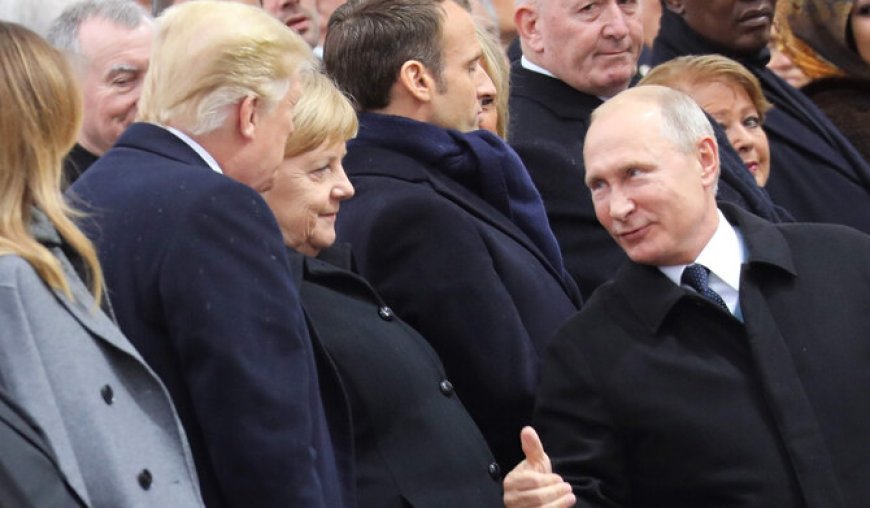
Former German Chancellor Angela Merkel has defended her sixteen years in government in her new biography Freedom, published Tuesday in thirty languages. Now seventy, Merkel responded to criticism of her handling of important issues such Germany's dependency on Russian gas and her open-door migrant policy, which some claimed helped the far-right Alternative for Germany (AfD) flourish.
When considering the 2015 immigration crisis, Merkel stayed true to her choice to greet nearly a million asylum-seekers. She denied assertions that her actions supported mass migration, characterizing her response "we can do this" as a plea to overcome challenges rather than a clear invitation. She underlined how lawful migration is crucial given Germany's aging population and labor challenges. Germany cautioned mainstream parties against embracing far-right rhetoric without providing concrete answers since such strategies would backfire.
Given their strained relationship, Merkel also justified her approach to Russian President Vladimir Putin. She related events like Putin bringing a dog to a conference apparently in order to take advantage of her dog phobia. Declaring Putin to be always distrustful and driven by power, Merkel said that even as tensions rose, keeping relations with Russia remained vital. She opposed Ukraine's NATO membership in 2008, saying at the time it was unrealistic and unlikely to stop Putin's aggressiveness.
Another hot topic was criticism of Germany's dependence on Russian gas. Rejecting assertions that she left Germany defenseless, Merkel pointed out that her predecessor, Gerhard Schröder, started Nord Stream 1. Approved during her tenure, on Nord Stream 2 she claimed that it met Germany's energy demands as the nation moved to renewable sources and phased out nuclear power following the Fukushima accident in 2011. Merkel insisted that at the time the gas pipes were realistic and a component of a larger plan.
Merkel is unreserved even with continuous wars in Ukraine and the Middle East, economic difficulties, and political changes. She considered her leadership approach and underlined her emphasis on pragmatism and long-term fixes. Critics of her legacy still wonder about her choices and the difficulties she had heading Europe's biggest economy, but Merkel's biography offers a detailed narrative of them.
